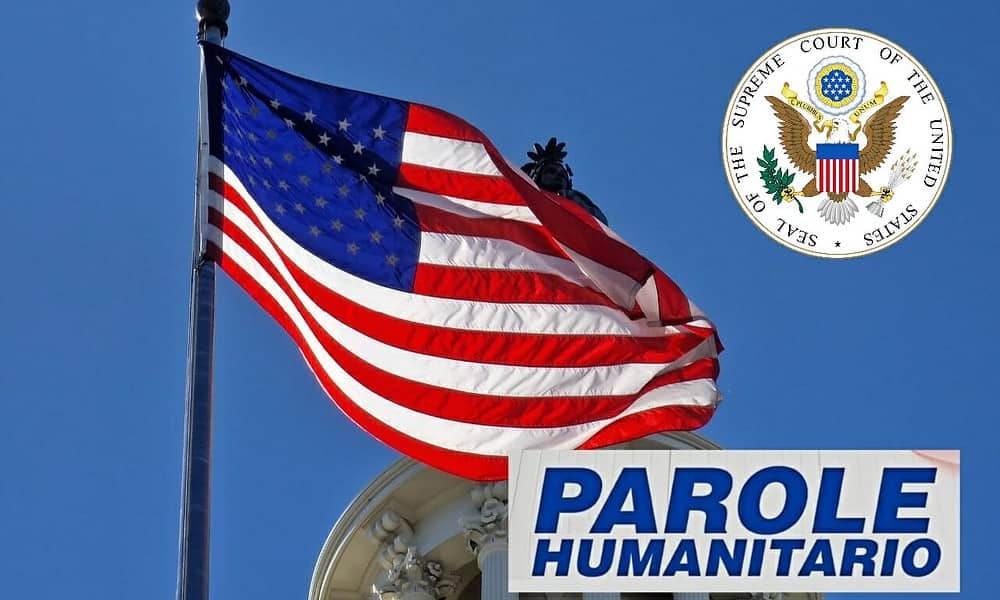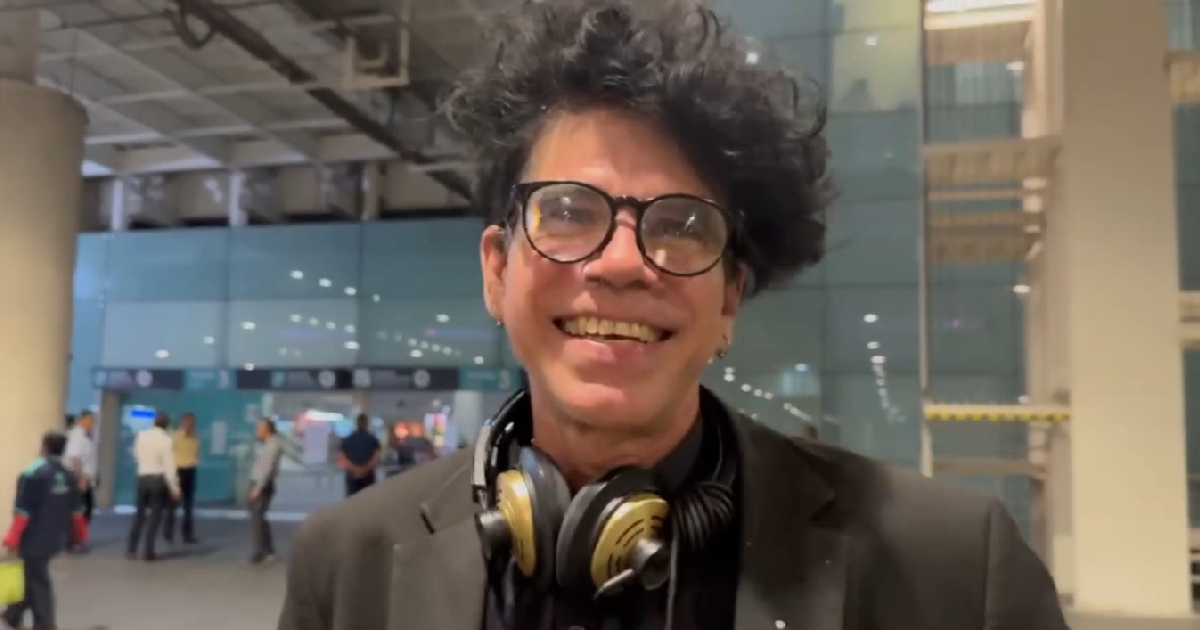Nearly half of the 50 states that make up the United States oppose the humanitarian parole that Biden implemented to welcome citizens of Cuba, Venezuela, Haiti and Nicaragua. This week the initiative will be brought to trial after a case was classed as illegal.
Parole allows up to 360,000 people from Cuba, Venezuela, Haiti and Nicaragua to enter the United States each year. According to the democratic government, it is an efficient resource to create legal, orderly and humane channels for immigration.
They further explain that the lack of action by Congress to reform the US immigration system has forced such measures.
They actually present as an achievement the drastic reduction in border crossings of illegal immigrants from those four countries.
Abolishing Humane Parole: The Republican Case
However, 21 states, usually governed by Republicans, are seeking to eliminate humanitarian parole. The appeal questions the legality of the initiative put forward by Democrats and will be formally exposed in a Texas court starting Thursday.
Republican prosecutors accuse the Biden administration of usurping power from the U.S. Congress and overstepping the limit on “parole” that must be used only on a discretionary basis for urgent humanitarian reasons or to create a public good.
Achievements of humanitarian parole
The Biden administration initially created the plan in October 2022 to support the Venezuelan people. Later, based on favorable results, it was extended to Cubans, Haitians and Nicaraguans in January of this year.
Parole applicants undergo extensive background checks. Likewise, they must have a financial sponsor in the US who is responsible for their expenses.
If approved, those interested fly to the United States instead of crossing the southern border with Mexico. From this moment they can stay in the US for two years and get a work permit.
In essence, almost anyone can sponsor an immigrant as long as they fill out the necessary paperwork. In fact, many people today sponsor family members who have no other way to enter the United States legally.
However, there are many symptoms. Some argue that parole essentially benefits wealthy and well-connected immigrants. Others say the initiative favors black jobs or that immigrants are exploited in the workforce.



:quality(85)/cloudfront-us-east-1.images.arcpublishing.com/infobae/BKVIX6C6PJEDBD7QW4BIDQSV44.jpg)
:format(jpeg):focal(1200x585:1210x575)/cloudfront-us-east-1.images.arcpublishing.com/gfrmedia/INY7JSVVGRDYFAYLZUMY23TTNE.jpg)
